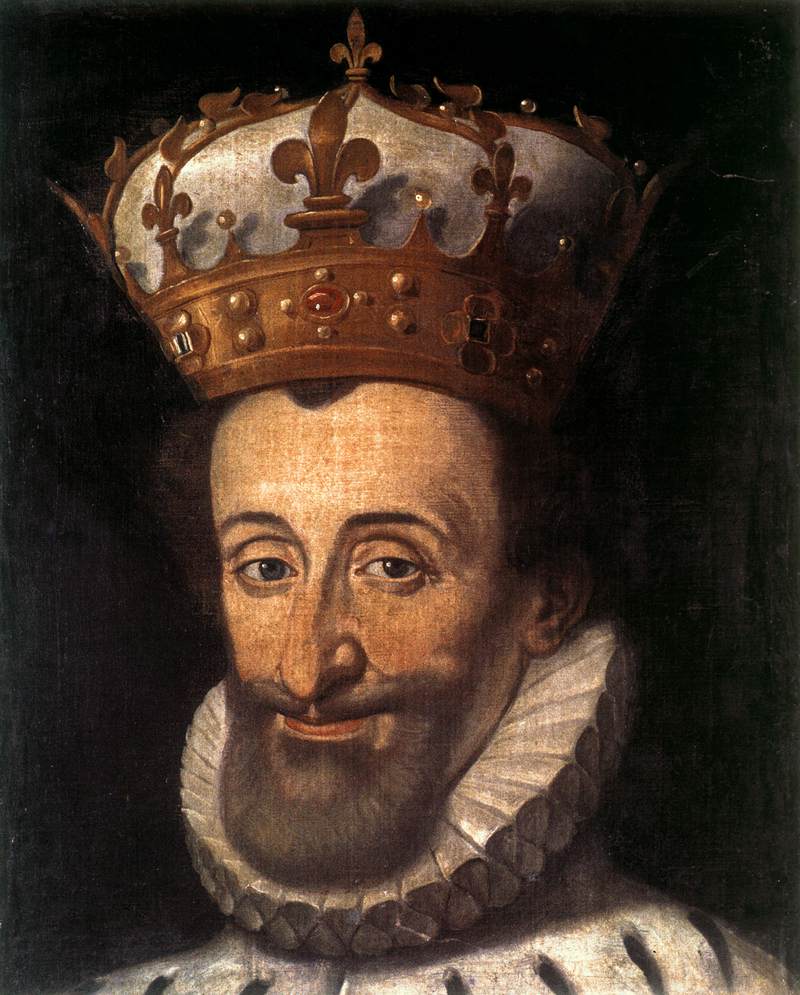Unveiling The Legacy Of King Henry France
King Henry France, a name that resonates with power, intrigue, and historical significance, was a prominent figure during a tumultuous era in French history. His reign was marked by both glory and strife, encapsulating the essence of a monarchy that faced challenges from within and outside its borders. As we delve into the life of King Henry, we unravel not just his achievements but also the socio-political landscape of France during his time.
Throughout the annals of history, monarchs have often been evaluated not just by their deeds, but by the eras they governed. King Henry France is no exception; his rule was characterized by profound changes that would shape the destiny of the nation. In this exploration, we aim to provide a comprehensive understanding of who King Henry was, the challenges he faced, and the legacy he left behind.
As we journey through the pages of history, we will examine how King Henry France navigated the complexities of royal duties, personal relationships, and the ever-evolving dynamics of power. From his early years to his influential reign, the narrative of King Henry France serves as a captivating tale of ambition, conflict, and resilience.
Who Was King Henry France?
King Henry France, also known as Henry IV, was a pivotal figure in the late 16th and early 17th centuries. Born on December 13, 1553, in Pau, France, he belonged to the House of Bourbon. His rise to power came during a time of great religious conflict known as the French Wars of Religion, where tensions between Catholics and Protestants were at an all-time high. Henry's conversion from Protestantism to Catholicism is famously encapsulated in his declaration, "Paris is worth a mass," symbolizing his pragmatic approach to governance.
What Were King Henry's Major Achievements?
During his reign from 1589 until his assassination in 1610, King Henry France made significant strides in unifying France and promoting economic recovery. Some of his key achievements include:
- **Edict of Nantes (1598)**: This landmark decree granted religious freedom to Protestants and ended the religious wars that had plagued France for decades.
- **Economic Reforms**: Henry implemented policies aimed at stabilizing the economy, improving agriculture, and boosting trade.
- **Infrastructure Development**: His reign saw the construction of roads and bridges, enhancing connectivity within the kingdom.
- **Cultural Flourishing**: Henry fostered the arts and culture, encouraging the development of literature and architecture.
What Personal Challenges Did King Henry Face?
Despite his successes, King Henry France faced numerous personal challenges that tested his resolve. His tumultuous relationships, including his marriages and affairs, often drew public scrutiny. Additionally, his conversion to Catholicism, while politically motivated, alienated some of his Protestant supporters, creating a complex web of loyalty and dissent.
What Impact Did King Henry Have on France?
The impact of King Henry's reign on France is profound and enduring. His efforts to establish religious tolerance through the Edict of Nantes laid the groundwork for future generations to navigate their differences more peacefully. Moreover, his economic policies not only revitalized a war-torn nation but also paved the way for France's eventual emergence as a dominant European power.
How Did King Henry's Life End?
Tragically, King Henry France's life was cut short when he was assassinated on May 14, 1610, by François Ravillac, a fanatical Catholic. His death not only shocked the nation but also ignited fears of instability and chaos in a country still healing from the scars of civil war. The assassination highlighted the precarious balance of power and the deep-seated sectarian divisions that persisted in France.
What Is King Henry's Legacy Today?
Today, King Henry France is remembered as a transformative leader whose vision for a united and prosperous France continues to resonate. His legacy is evident in contemporary discussions about religious tolerance and civil rights. Statues, monuments, and historical sites dedicated to him serve as reminders of the complexities of leadership and the enduring quest for peace in a divided society.
Personal Details and Bio Data of King Henry France
| Detail | Information |
|---|---|
| Full Name | Henry IV of France |
| Date of Birth | December 13, 1553 |
| Date of Death | May 14, 1610 |
| Reign | 1589 - 1610 |
| Dynasty | House of Bourbon |
| Spouses | Marguerite de Valois, Marie de' Medici |
How Is King Henry Remembered in Popular Culture?
King Henry France has inspired countless works of art, literature, and drama. His life story, filled with triumphs and tragedies, has been depicted in various forms, from novels to films. The complex nature of his character—both a warrior and a diplomat—has made him a subject of fascination for historians and artists alike.
What Lessons Can We Learn from King Henry's Reign?
The reign of King Henry France offers valuable lessons on the importance of tolerance, unity, and the complexities of leadership. His ability to navigate through adversity while striving for a common good serves as a timeless reminder of the responsibilities that come with power. As we reflect on his legacy, we are reminded of the delicate balance required to lead a diverse society towards peace and prosperity.
Exploring The Legacy Of Shakespeare: What Was He Known For?
Capturing The Essence: A Photo Of Ice-T
China Mao: The Legacy Of A Revolutionary Leader


